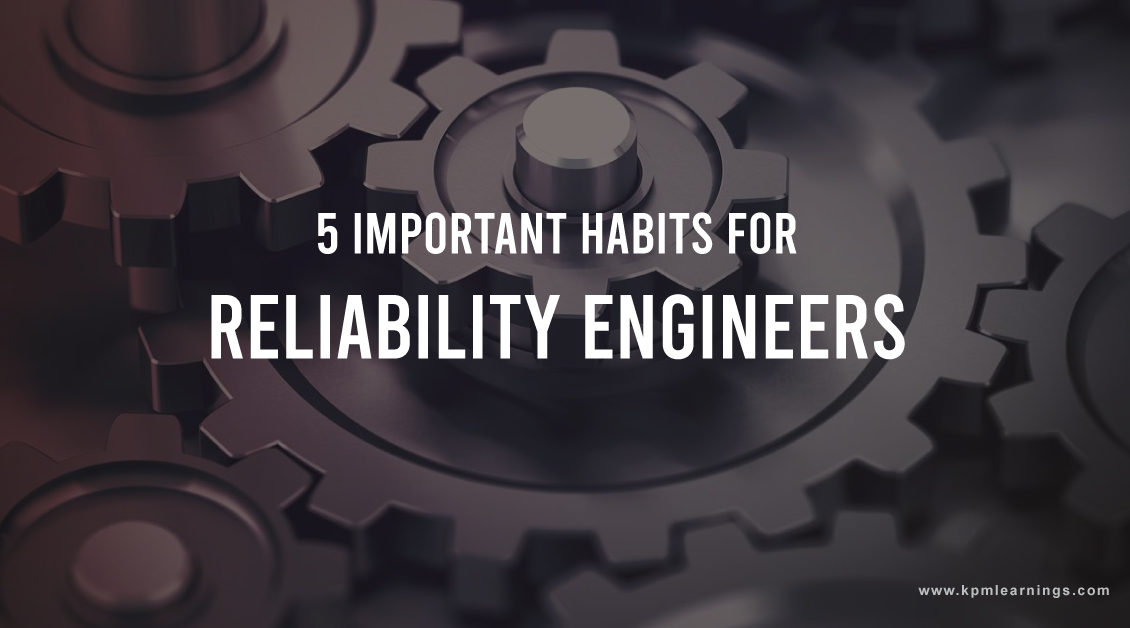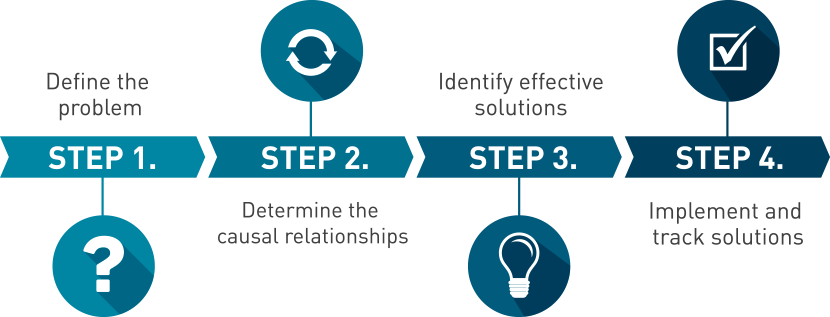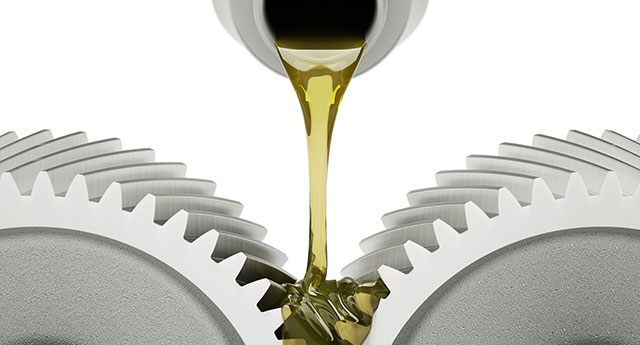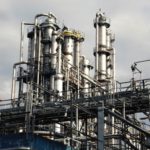
A Reliability Engineer is a professional who identify and manage asset reliability risks that could happen in the plant or business operations. Their primary responsibility is to ensure reliability and maintainability of Installations and development of design etc.
Here are some tips to Reliability Engineers to improve their skills by saving their organization’s time and money.
1. Become a Certified Reliability Engineer (CRE)
Becoming a Certified Reliability Engineer – CRE will help you to understand how to use the principles of performance evaluation. And you will be able to predict measures to improve product or system safety, reliability and maintainability.
The Certified Reliability Engineers ensure the reliability and efficiency of their products and systems by using tools like statistics, probability, engineering and other tools. The demand of Certified Reliability Engineers increased due to the increase of warrantied products in markets. The American Society for Quality (ASQ) is one of the top-rated certification body.
2. Facilitate an Effective Root Cause Analysis (RCA)
Defining, understanding and solving a problem is defined as Root Cause Analysis (RCA). Under specific circumstances like following an adverse event, RCA is primarily viewed as reactive. Why do we have to wait till the bad things to happen for applying this tool? One RCA in a week is a good target for companies.

Before applying RCA, the problem must be well defined. The following steps must be determined and the information should be documented:
- Who discovered the problem?
- What exactly happened?
- Where in the process was the problem discovered?
- When was the problem discovered?
- How many / How often does it happen?
- How was the problem detected?
For further defining the problem based on facts and data, the team should review all the gathered information.
3. Use High-Quality Lubricants

Lubrication can not be the last priority. The positive impact of your overall reliability depends upon the improvement in your lubrication programme. If the lubricants are poor quality or are breaking down under heat or pressure, lubrication will not help. Improper storage will allow dirt, water, or metal fragments to corrupt the supplies. If you are not using high-quality or properly-selected lubricants, the maintenance, storage and analysis technology will not serve you well.
4. Overall equipment effectiveness (OEE)
Overall Equipment Effectiveness or OEE is the premier standard for measuring manufacturing productivity. The layman’s version of OEE is simply defined as what percentage of the time that you were capable of running good product at full capacity and with acceptable quality did you do so? Perfection at OEE is 100%. OEE can be a very useful tool when it used in the correct way. The measure will help you to identify & eliminate key manufacturing losses. OEE (%) = Availability rate × Performance rate × Quality rate
Do you want to learn how to use it right ? Click here
5. Get Involved with SMRP
SMRP or Society for Maintenance & Reliability Professionals is a non-profit professional society formed by practitioners to develop and promote excellence in maintenance, reliability and physical asset management while creating leaders in the profession. Individual practitioners & professionals looking to expand their skills & Knowledge, SMRP is the perfect solution.
International Maintenance Conference (IMC) is the best conference for learning and keeping up-to-date on what’s new in the field.







